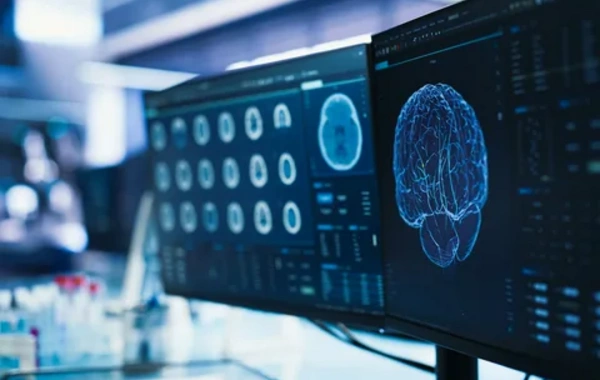Without exercise, the brain ages like that of a 70-year-old: here's why

Modern science increasingly confirms what was previously only suspected: our brain directly depends on how actively we move.
It turns out that lack of physical activity affects not only the body but also accelerates brain aging. Moreover, this process can begin much earlier than many assume - sometimes already at the age of 30-35 years.
Physical activity promotes blood circulation. When we move, the delivery of oxygen and nutrients to all organs, including the brain, improves. This directly affects the quality of cognitive functions: memory, attention, ability to learn and make decisions. Without sufficient blood supply, brain cells begin to suffer, neuroplasticity decreases, and the connection between different parts of the brain deteriorates.
Movement also affects the level of hormones that are vital for the brain. One of them is BDNF (brain-derived neurotrophic factor). It helps neurons survive, develop, and form new connections. When a person regularly exercises or at least simply walks, BDNF levels increase. With a sedentary lifestyle, on the contrary, it falls, which over time affects the brain's ability to adapt and recover.
Another important aspect is the reduction in brain volume in the absence of movement. Studies show that people who lead a sedentary lifestyle experience a decrease in the volume of the hippocampus - the area of the brain responsible for memory. This process can begin long before old age, and it is often confused with "natural" aging.
In addition, lack of activity is associated with an increased risk of developing dementia, Alzheimer's disease, and other neurodegenerative conditions. People who combine physical passivity with high levels of stress and sleep disturbances become especially vulnerable.
It's important to understand that this is not just about professional sports. Even light daily activities - walking, morning exercises, yoga, swimming - can significantly slow down the brain aging process. The key is regularity. The brain "loves" when the body moves.
Thus, movement is not only body health but also the key to a clear mind, resistance to stress, and slowing cognitive aging. Lack of activity triggers processes that make the brain vulnerable and "aging" long before old age arrives.
Similar News
# Three Main Causes of All Cancer Cases Identified
Almost four out of ten cases of cancer on the planet are not a verdict of fate or a genetic lottery, but the result of exposure to factors that humanity has the...




 Azərbaycanca
Azərbaycanca  По-русски
По-русски  English
English 






